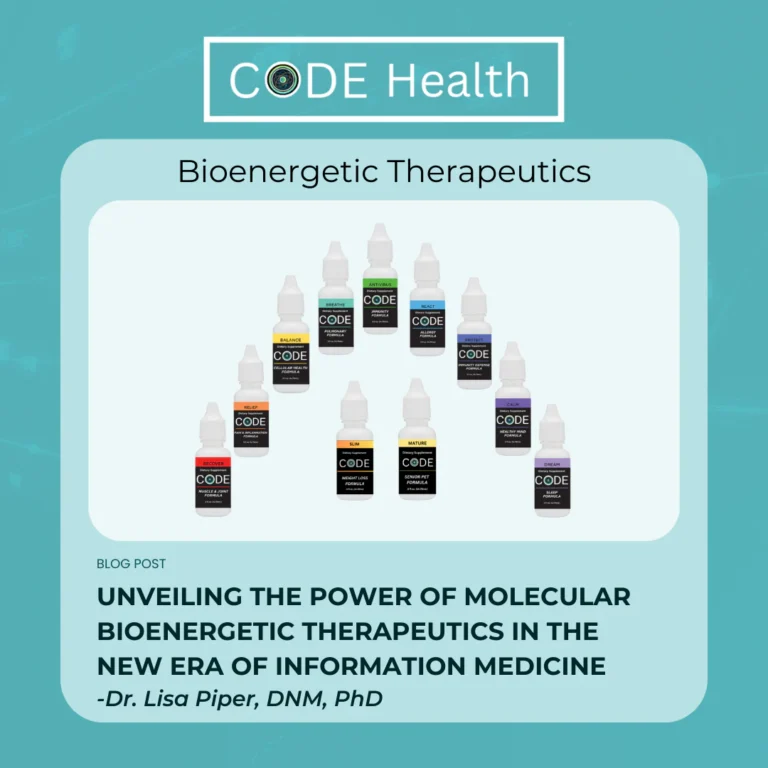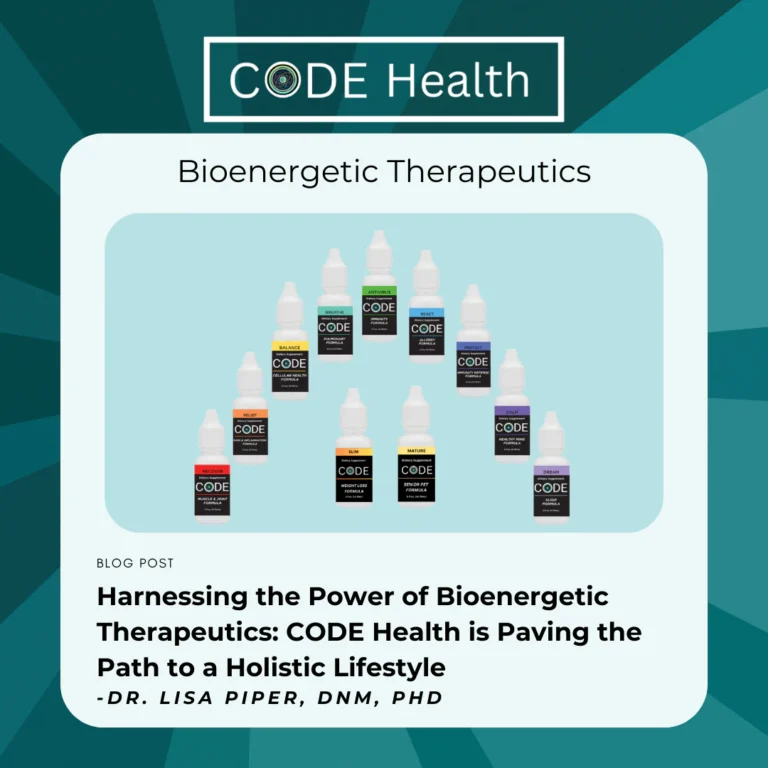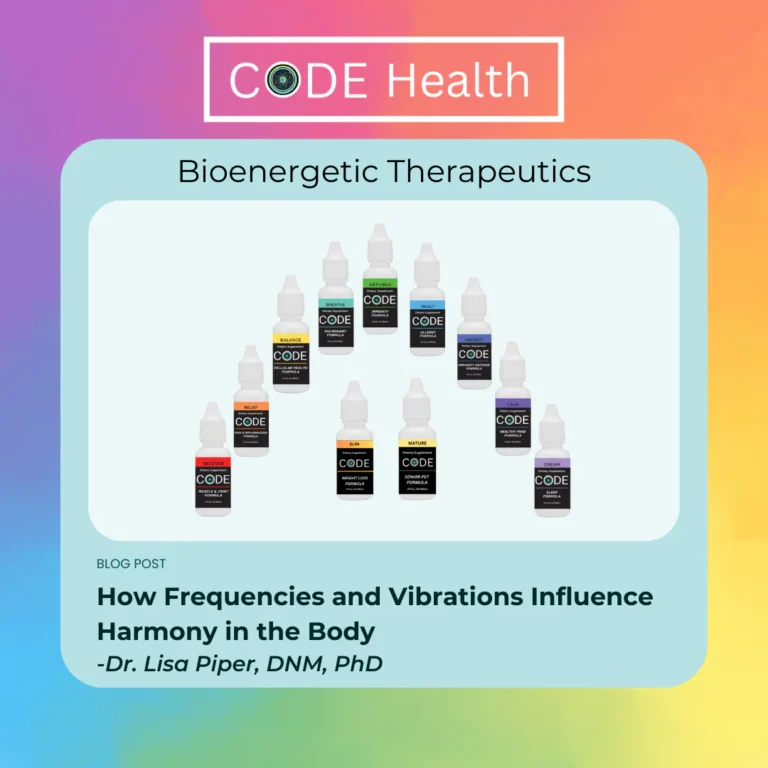Gratitude is more than a polite “thank you” or a fleeting moment of appreciation. It’s a
mindset, a practice, and a way of life that can profoundly impact your health and well-
being. When you cultivate gratitude, you’re not just uplifting your spirit—you’re
enhancing your physical, mental, and emotional health in ways that science continues
to reveal.
What is Gratitude?
Gratitude is the conscious recognition of the good in your life. It’s the practice of
acknowledging what you have rather than fixating on what you lack. This mindset shifts
your focus from problems to blessings, from scarcity to abundance, and from stress to
joy.
The Health Benefits of Gratitude
Improves Physical Health. People who regularly practice gratitude are more likely to engage in health-promoting behaviors, such as exercising, eating well, and getting enough sleep. Gratitude has also been linked to lower blood pressure, stronger immune function, and reduced symptoms of chronic pain.
Boosts Mental Health. Gratitude is a powerful antidote to stress, anxiety, and depression. By focusing on the positives in life, you can rewire your brain to prioritize optimism and resilience. Studies show that gratitude practices can increase dopamine and serotonin, the “feel-good” neurotransmitters, leading to improved mood and emotional stability.
Enhances Sleep Quality. Practicing gratitude before bed can lead to more restful and restorative sleep. When you focus on what you’re thankful for, your mind is less likely to race with worries or negativity, helping you drift off more peacefully.
Strengthens Relationships. Gratitude fosters connection and trust, both of which are essential for emotional health. Expressing appreciation to others not only strengthens bonds but also creates a positive feedback loop, inspiring more kindness and goodwill in your relationships.
Reduces Stress and Inflammation. Chronic stress is a major contributor to inflammation, which is linked to numerous health issues, including heart disease and autoimmune disorders. Gratitude helps regulate the stress response by promoting relaxation and a sense of calm, reducing the harmful effects of stress on the body.
How to Cultivate Gratitude
Start a Gratitude Journal. Dedicate a few minutes each day to writing down three things you’re grateful for. They can be big or small—what matters is the acknowledgment.
Practice Mindfulness. Gratitude thrives in the present moment. Take time to pause, breathe, and notice the beauty around you—a sunrise, a kind word, or even the simple act of sipping your favorite tea.
Express Appreciation. Tell the people in your life how much they mean to you. Whether it’s a heartfelt thank-you note or a verbal acknowledgment, expressing gratitude strengthens relationships and spreads positivity.
Reframe Challenges. Even in difficult times, there’s often something to be grateful for. Challenges can offer lessons, growth, and new perspectives. Look for the silver linings.
Make Gratitude a Family or Community Practice. Share gratitude moments with loved ones or in group settings. For example, during meals, each person can share one thing they’re grateful for. This creates a culture of appreciation and strengthens connections.
Gratitude as a Holistic Health Practice. Gratitude isn’t just a fleeting emotion—it’s a practice that requires intention and consistency. Over time, it becomes a natural lens through which you view life, transforming your outlook and enhancing your overall health. When you embrace gratitude, you tap into a wellspring of positivity that fuels every aspect of your being. It aligns your thoughts, emotions, and actions with the energy of abundance, creating a ripple effect of wellness that touches every corner of your life.
Final Thoughts.
Gratitude is free, simple, and endlessly powerful. By making it a daily practice, you can unlock a healthier, happier, and more fulfilling life. So, pause, reflect, and give thanks—for even the smallest blessings can lead to the greatest transformations.






